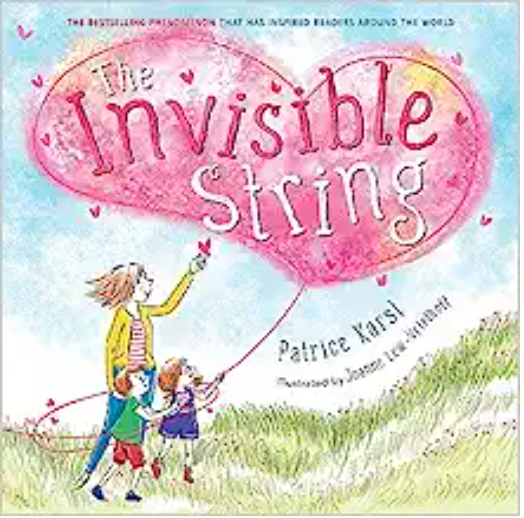“I Don’t Want to go to School.”
It is Sunday night, you are putting your child to bed and you hear, “I don’t want to go to school tomorrow, I want to stay home with you!” You ask yourself, why is my child saying this? Is there something happening at school? How can I support them?
A child says, “I don’t want to go to school,” for a variety of reasons.
You and your family had a busy fun-filled weekend or a long vacation. Your child is not ready for the fun to end and wants to continue spending time with you!
Maybe your child is feeling anxious about a new school experience and the new people that are going to be in their daily life.
They begin to get in the habit of saying this phrase, because they are getting a positive or emotional response from their parent. Possible attention seeking-behavior.
There are many reasons why a child might not want to go to school but there are simple, positive and gentle approaches to helping your child cope through these strong emotions. The unknown can be scary for a preschool age child and establishing a routine will give them a sense of security and they will feel safe in knowing what will happen next.
Look at a calendar and talk about which days will be school days and the days will be family days. Doing this regularly will help establish a routine. Creating a daily routine chart will help establish a routine with your child and they will know what to expect.
Talk to your child. Find a quiet time and place to talk about what they are worried about and carefully listen to their concerns. Afterwards, validate their concerns and reassure them that everything is going to be ok.
Stories about Separation and Anxiety
The Invisible String, The Kissing Hand and Wemberly Worried.
Before bed or during wake up time, do a run through of the day. “I will drop you off at school, we will give each other a hug and a kiss. Then I will go to work. I will pick you up at the gate and I will have an after school snack for you.”
Help your child remember what they really look forward to at school. “I know you really look forward to the classroom snack,” or “remember that delicious blueberry muffin you made yesterday? Maybe you can make another one.” “I know that your teacher is looking forward to seeing you today, what story do you want to tell them?”
In some cases, distraction works well. When driving to school, try playing a favorite song to sing along with, or begin chatting away about something else to take your child’s mind off what is to come.
Change the subject. You can affirm their phrase “I hear that you don’t want to go to school,” and then open a conversation about something else! Discuss the book you read for story time, share a favorite memory of when your child was a baby or begin to talk about your day ahead. Children love real stories and memories, and will hopefully become enthralled in a real-world event.
Offer some purpose. Invite your child to write a letter to their teacher, some food for the class pet, a book to snack to share with the class.
Remember that everyday is a new day, staying calm and reassuring your child that you are there to support them during these emotional transitions will help them have a sense of security in their daily routine.
by Melissa Lari





